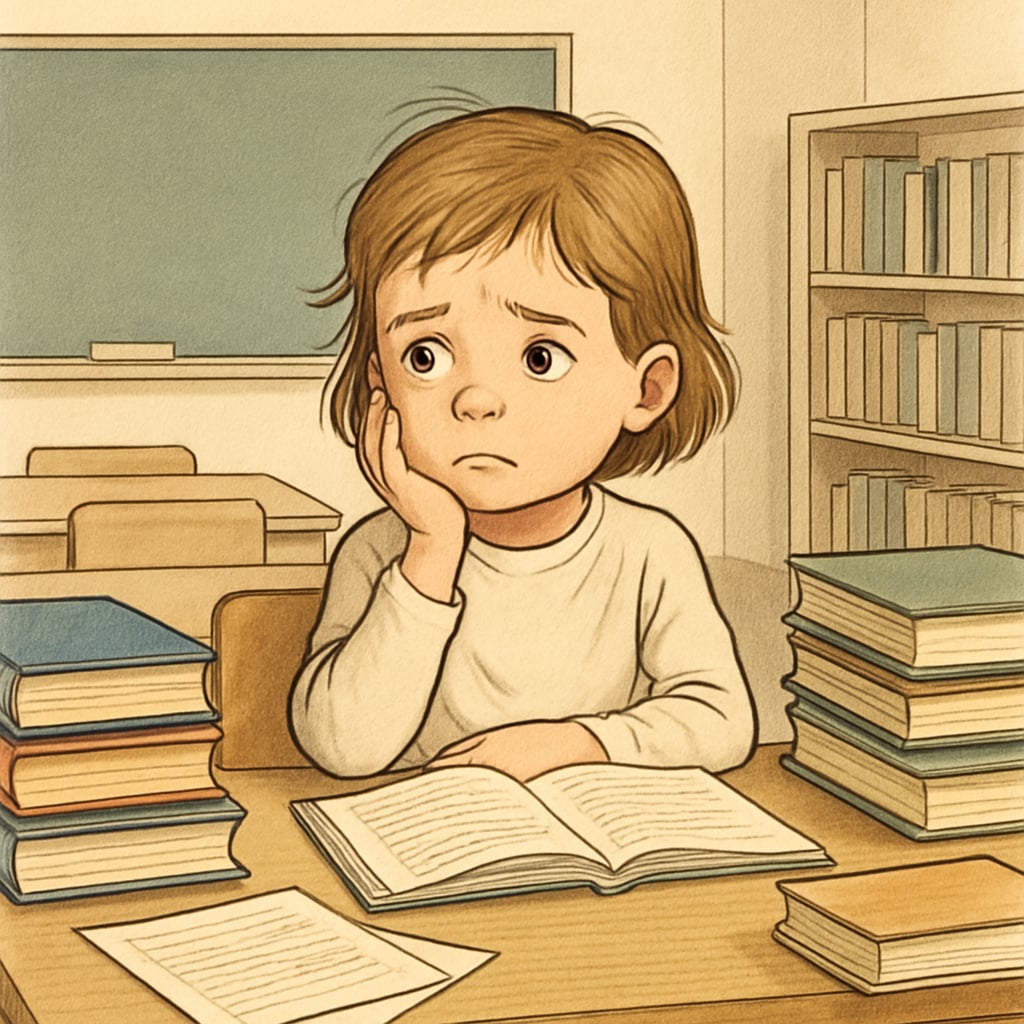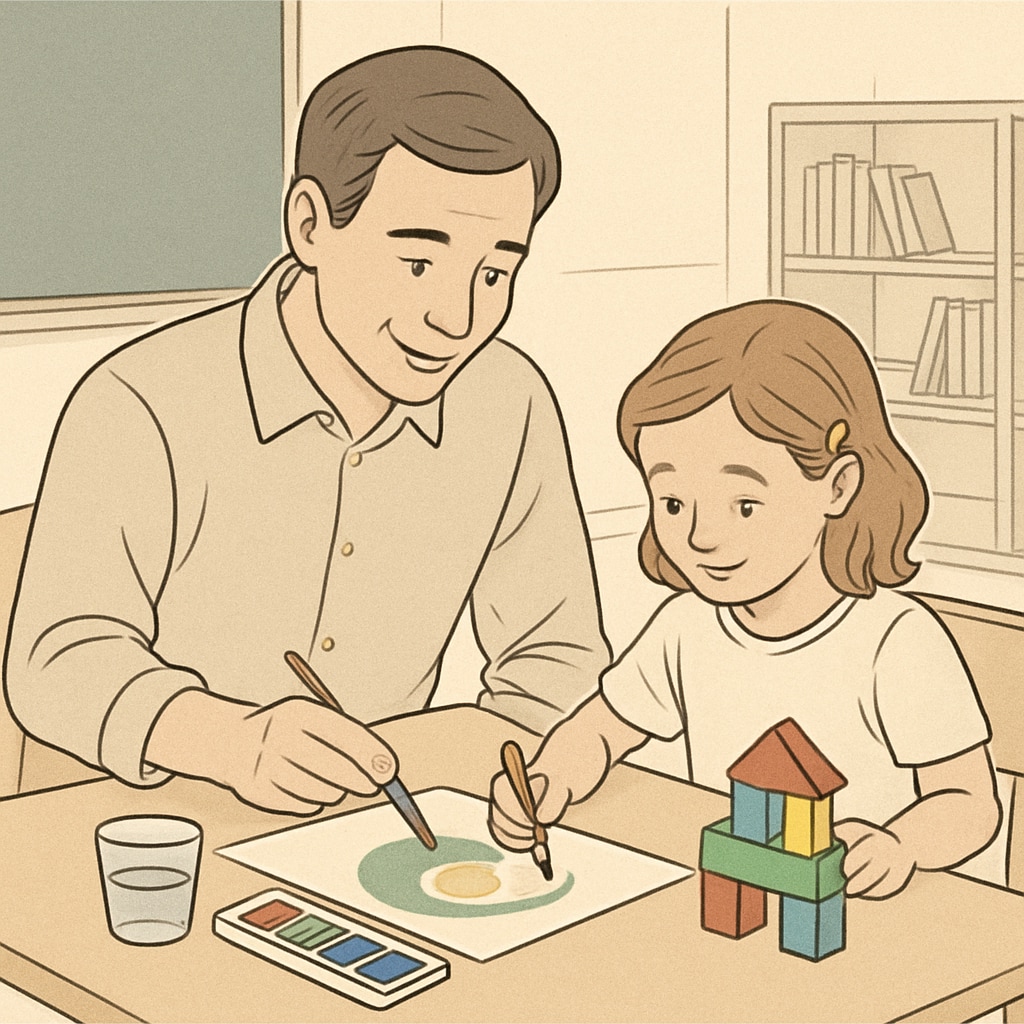The growing competition in education has led to the pressure of university applications trickling down to younger students, including first graders. This shift has imposed unforeseen challenges and difficulties on children who are barely stepping into the world of structured learning. Such early academic expectations not only strain young minds but also risk compromising their psychological development. How did this happen, and what can educators and parents do to reverse this trend? Let us dive into the causes, consequences, and potential solutions to this issue.
Why Are First Graders Facing the Pressure of University Applications?
The phenomenon of first graders experiencing academic pressure stems largely from societal demands for success. In many countries, parents believe that early preparation is the key to securing spots at elite universities. This belief is fueled by:
- Intense competition: The growing number of students competing for limited university seats has created a culture of fear among families.
- Standardized testing: The increasing reliance on tests to measure aptitude encourages parents to start preparing their children at a young age.
- Social comparison: Social media and peer pressure make parents feel they must follow trends to avoid their children being left behind.
As a result, first graders are often enrolled in enrichment programs, extracurricular activities, and even mock interviews. While these efforts aim to prepare children for the future, they often come at a cost.

The Psychological Impact of Early Academic Pressure
While parents may have the best intentions, early exposure to academic pressure can lead to several unintended consequences for children:
- Anxiety and stress: Young children may develop a fear of failure, which can lead to long-term mental health issues.
- Reduced creativity: Over-scheduling academic activities leaves little room for unstructured play, which is essential for creativity and problem-solving skills.
- Loss of self-esteem: Constant comparison to peers can make children feel inadequate, especially if they fail to meet high expectations.
According to child psychology experts, these risks highlight the need for balance in early education. For more information on the importance of psychological well-being in education, you can refer to child development on Britannica.

Rethinking Education: A Call to Action for Parents and Educators
To address the growing challenges posed by early academic pressure, parents and educators must focus on creating a supportive and balanced environment. Here’s how this can be achieved:
- Prioritize emotional health: Encourage activities that promote emotional resilience and self-confidence, such as sports, art, or free play.
- Focus on individual growth: Avoid comparing children’s progress to others and instead celebrate their unique abilities and achievements.
- Set realistic expectations: Understand that not all learning needs to be geared toward future university admission; early education should be about exploration and discovery.
Additionally, governments and educational institutions should consider implementing policies that reduce the emphasis on standardized testing at an early age. For further insights, you can explore early childhood education on Wikipedia.
Conclusion: Protecting Our Children’s Future
The challenges posed by university applications on first graders highlight the need for a shift in how we perceive education. Rather than focusing solely on academic performance, we must prioritize the overall well-being and holistic development of children. By doing so, we can help them grow into confident, creative, and resilient individuals, better prepared for whatever the future holds.
Parents, educators, and policymakers must work together to ensure that children are not burdened with the difficulties of choosing their future too early. After all, childhood is a time for exploration, learning, and joy, not a race to meet adult expectations.
Readability guidance: This article uses short paragraphs, lists, and concise explanations to ensure clarity. Overuse of passive voice and long sentences has been avoided to maintain readability.


